Zhikai Wu
COAST: Intelligent Time-Adaptive Neural Operators
Feb 12, 2025
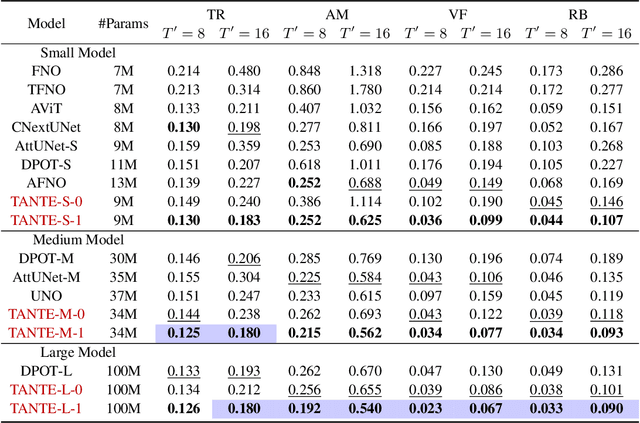
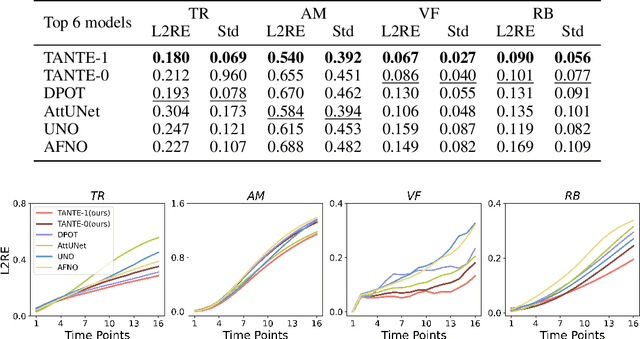

Abstract:We introduce Causal Operator with Adaptive Solver Transformer (COAST), a novel neural operator learning method that leverages a causal language model (CLM) framework to dynamically adapt time steps. Our method predicts both the evolution of a system and its optimal time step, intelligently balancing computational efficiency and accuracy. We find that COAST generates variable step sizes that correlate with the underlying system intrinsicities, both within and across dynamical systems. Within a single trajectory, smaller steps are taken in regions of high complexity, while larger steps are employed in simpler regions. Across different systems, more complex dynamics receive more granular time steps. Benchmarked on diverse systems with varied dynamics, COAST consistently outperforms state-of-the-art methods, achieving superior performance in both efficiency and accuracy. This work underscores the potential of CLM-based intelligent adaptive solvers for scalable operator learning of dynamical systems.
SWIFT:A Scalable lightWeight Infrastructure for Fine-Tuning
Aug 13, 2024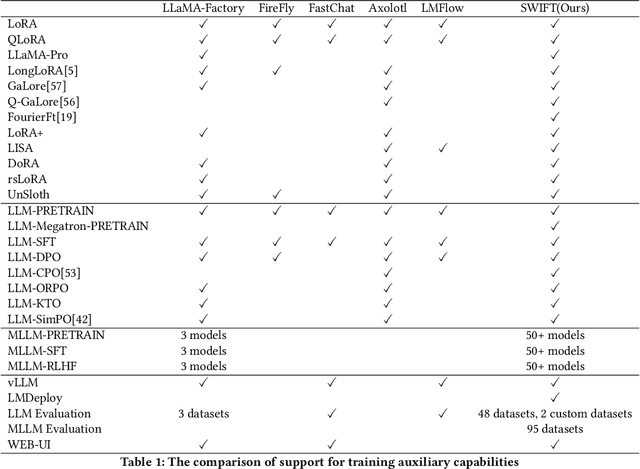
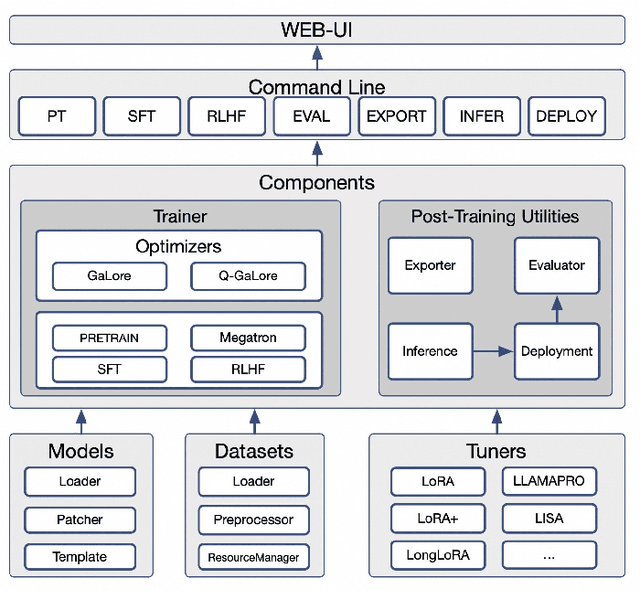
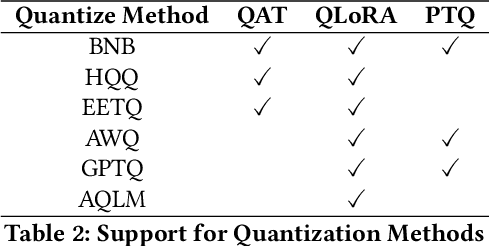
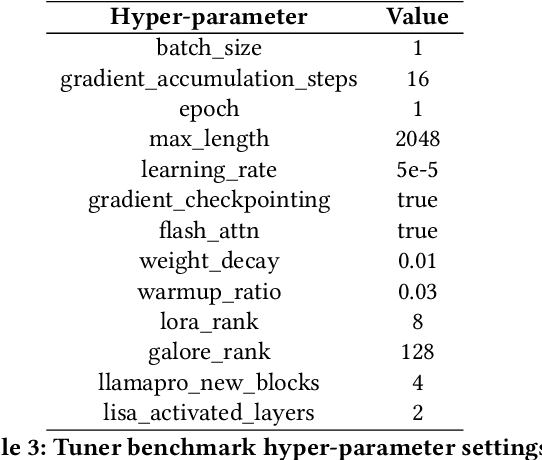
Abstract:Recent development in Large Language Models (LLMs) and Multi-modal Large Language Models (MLLMs) have leverage Attention-based Transformer architectures and achieved superior performance and generalization capabilities. They have since covered extensive areas of traditional learning tasks. For instance, text-based tasks such as text-classification and sequence-labeling, as well as multi-modal tasks like Visual Question Answering (VQA) and Optical Character Recognition (OCR), which were previously addressed using different models, can now be tackled based on one foundation model. Consequently, the training and lightweight fine-tuning of LLMs and MLLMs, especially those based on Transformer architecture, has become particularly important. In recognition of these overwhelming needs, we develop SWIFT, a customizable one-stop infrastructure for large models. With support of over $300+$ LLMs and $50+$ MLLMs, SWIFT stands as the open-source framework that provide the \textit{most comprehensive support} for fine-tuning large models. In particular, it is the first training framework that provides systematic support for MLLMs. In addition to the core functionalities of fine-tuning, SWIFT also integrates post-training processes such as inference, evaluation, and model quantization, to facilitate fast adoptions of large models in various application scenarios. With a systematic integration of various training techniques, SWIFT offers helpful utilities such as benchmark comparisons among different training techniques for large models. For fine-tuning models specialized in agent framework, we show that notable improvements on the ToolBench leader-board can be achieved by training with customized dataset on SWIFT, with an increase of 5.2%-21.8% in the Act.EM metric over various baseline models, a reduction in hallucination by 1.6%-14.1%, and an average performance improvement of 8%-17%.
ModelScope-Agent: Building Your Customizable Agent System with Open-source Large Language Models
Sep 02, 2023



Abstract:Large language models (LLMs) have recently demonstrated remarkable capabilities to comprehend human intentions, engage in reasoning, and design planning-like behavior. To further unleash the power of LLMs to accomplish complex tasks, there is a growing trend to build agent framework that equips LLMs, such as ChatGPT, with tool-use abilities to connect with massive external APIs. In this work, we introduce ModelScope-Agent, a general and customizable agent framework for real-world applications, based on open-source LLMs as controllers. It provides a user-friendly system library, with customizable engine design to support model training on multiple open-source LLMs, while also enabling seamless integration with both model APIs and common APIs in a unified way. To equip the LLMs with tool-use abilities, a comprehensive framework has been proposed spanning over tool-use data collection, tool retrieval, tool registration, memory control, customized model training, and evaluation for practical real-world applications. Finally, we showcase ModelScopeGPT, a real-world intelligent assistant of ModelScope Community based on the ModelScope-Agent framework, which is able to connect open-source LLMs with more than 1000 public AI models and localized community knowledge in ModelScope. The ModelScope-Agent library\footnote{https://github.com/modelscope/modelscope-agent} and online demo\footnote{https://modelscope.cn/studios/damo/ModelScopeGPT/summary} are now publicly available.
 Add to Chrome
Add to Chrome Add to Firefox
Add to Firefox Add to Edge
Add to Edge